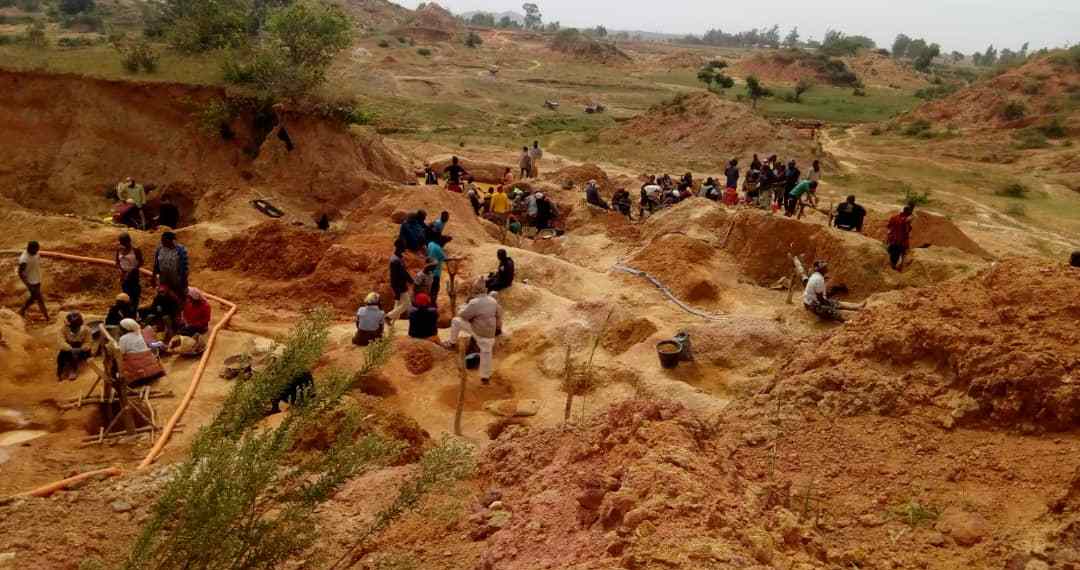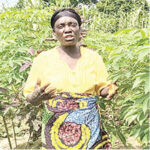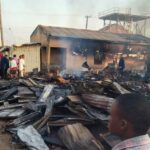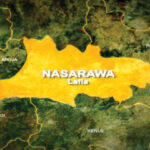A group, women in Mining Nigeria (WIMIN), has raised the alarm that its members are persistently harassed and raped across mining sites in Nasarawa State.
Founder and the national President of the Association, Engr. Janet Adeyemi, who revealed this during a two-day policy dialogue with stakeholders in the mining sector in Nasarawa, vowed to fight against the persistence increase in Sexual Gender Based Violence (SGBV) in the state.
She disclosed that 23.1% of women in mining communities experience sexual violence, compared to 18.7% in non-mining communities as according to NDHD, 2020.
She, however, narrated that the intricacies of the problems are underscored by the interaction of weak regulatory structures, a male-dominated industry, informal and illegal mining operations, and limited access to quality prevention and support services.
- Nasarawa secures gold, tin, lithium mining licences
- Insecurity: Chinese firm disowns mining company operating in Nasarawa
Speaking on the theme ‘Understanding and strengthening collaborative responses to combat sexual and gender based violence (SGBV), in mining host communities, she explained that the project aimed at strengthen the regulatory structure by advocating for policy reforms and collaborating with stakeholders to enforce protocols for reporting and addressing SGBV.
Her words, “Paradoxically, these women’s survival is jeopardized by the very industry they turn to. Despite the perceived income of opportunities, a concerning 23.1% of women in mining communities experience sexual violence, compared to 18.7% in non-mining communities (NDHD, 2020).”
According to her, the Nigerian National Bureau of Statistics and the United Nations Population Fund (UNFPA), 28% of Nigerian women have experienced sexual violence at some point in their lives, and 43.6% of women have experienced some form of violence in their lifetime.
She, however, added that sexual and gender-based violence (SGBV), was a persistent and alarming issue in Africa, affecting individuals regardless of age, gender, religion, or socioeconomic status.
While reiterating the commitment of the organization, she said all hands ought to be on deck in the protection of vulnerable groups, particularly women and children who are affected by artisanal mining in the state.
She explained further that the rationale behind the two days workshop was to educate male and female miners in host communities on the problem of SGBV and existing support structures and complaint mechanisms, urging them to speak out against SGBV and surrounding harmful socio-cultural practices.

 Join Daily Trust WhatsApp Community For Quick Access To News and Happenings Around You.
Join Daily Trust WhatsApp Community For Quick Access To News and Happenings Around You.

